Chapter 26
The Sixties: 1960–1969
By Boundless
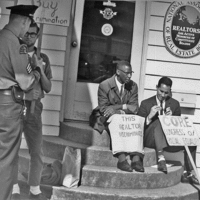
The Civil Rights Movement (1955–1968) refers to U.S. social movements aimed at exposing institutional racism and achieving liberation for African Americans.
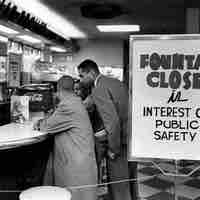
Sit-ins and Freedom Rides were nonviolent civil rights actions used to challenge segregation and racial discrimination.
Though often overlooked, many women played integral leadership roles in the advancements of the civil rights movement in the United States.
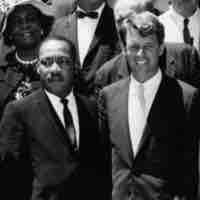
Several important strides toward the advancement of civil rights were made during the Kennedy Administration
Black Power emphasized racial pride, the creation of political and social institutions against oppression, and advancement of black collective interests.

Second-wave feminism distinguished itself from earlier women's movements in that it expanded to include issues of sexuality, family, and reproductive rights.
The sexual revolution of the 1960s marked a shift in thinking about sexuality along with a growing acceptance of premarital sex and birth control.
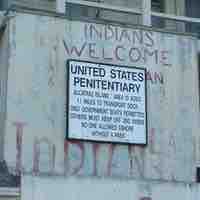
The fight for American Indian rights expanded in the 1960s, resulting in the creation of the American Indian Movement.
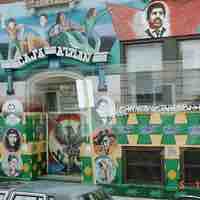
The Chicano Movement was the part of the Mexican Civil Rights Movement that sought political and social empowerment for Mexican Americans.
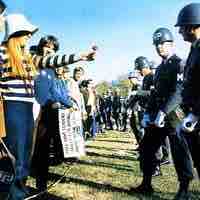
The New Left was a loose organization made up of mostly white students who opposed authority structures and the Vietnam War.
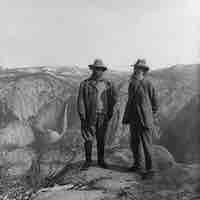
Modern environmentalism grew in the 1950s and '60s with the support of organizations and large-scale media campaigns.
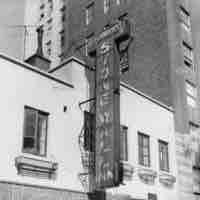
The sexual revolution and the feminist movement of the 1960s establish a climate that fostered the struggle for gay and lesbian rights.
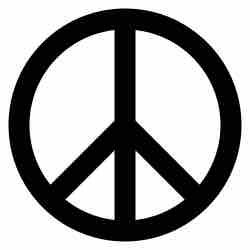
The American Counterculture refers to the period between 1964-1972 when the norms of the 1950s were largely rejected by youth.
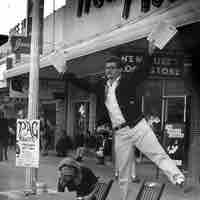
The counterculture of the 1960s gave rise to new forms of media such as underground newspapers, literature, theater, and cinema.
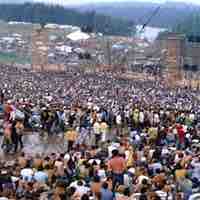
Forms of art and music in the 1960s, ranging from rock and roll to psychedelic art, reflected the characteristics of the counterculture movement.
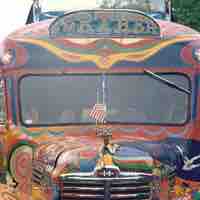
Youth culture during the 1960s counterculture was characterized by the Summer of Love and the casual use of LSD and other psychedelic drugs.
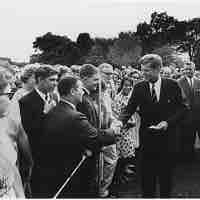
John F. Kennedy's presidency is known for his New Frontier policies, containment policy toward the Soviet Union, support for civil rights, and expansion of the space program.
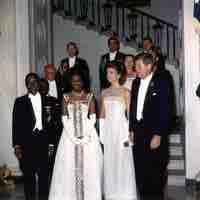
To counter Soviet influence in the developing world, Kennedy supported a variety of measures in Latin America, the Middle East, and Africa.
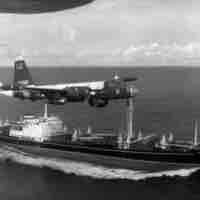
The 1962 Cuban Missile Crisis was a thirteen-day confrontation between the Soviet Union and the United States that brought the world close to nuclear war.
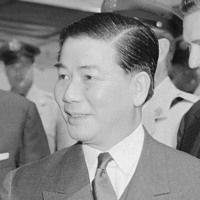
The Vietnam War (1957–1975) was fought in South Vietnam and the bordering areas of Cambodia, Laos, and North Vietnam.
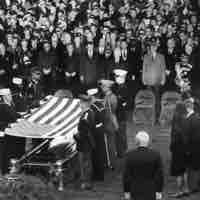
President John F. Kennedy was assassinated by Lee Harvey Oswald in November of 1963 while traveling in a presidential motorcade in Dallas.
Following Kennedy's assassination in 1963, Lyndon B. Johnson acceded to office and served as president from 1963 to 1969.
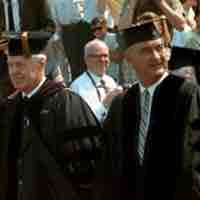
The Great Society was a series of domestic programs promoted by President Lyndon B. Johnson and Democrats in Congress between 1963-1969.
President Johnson's Great Society made improvements to elementary, secondary, and higher education through a series of acts.
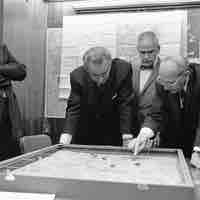
Lyndon B. Johnson, committed to preventing the expansion of communism, increased U.S. involvement in the war in Vietnam.
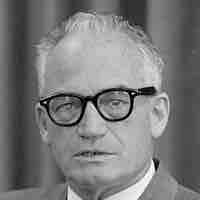
Incumbent President Lyndon Johnson won the 1964 presidential election with 61% of the popular vote.
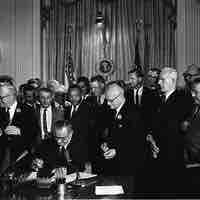
The Civil Rights Act of 1964 and the Voting Rights Act of 1965 were landmark pieces of legislation that addressed major forms of discrimination.
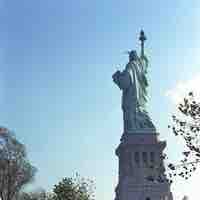
The Immigration and Nationality Act of 1965 changed national immigration regulations to a model based on skills and family relationships.
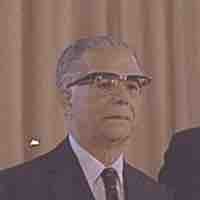
To prevent the spread of communism, the Johnson Administration supported coup d'états in Brazil and the Dominican Republic.
Public support for the Vietnam War declined dramatically in the late 1960s in the U.S., with protests and domestic activism growing steadily.
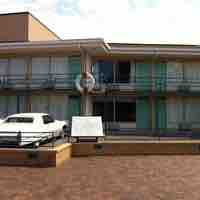
1968 was characterized by political and social upheaval in the United States and increased difficulties in Vietnam.